Navigating through the vast, unpredictable oceans has always posed a significant challenge for maritime transportation. The VHF Data Exchange System (VDES AIS 2.0), emerging as a revolutionary advancement, is diligently crafting a path towards safeguarding and greening cargo shipping through enhanced communication. It provides for a significant upgrade over the conventional Automatic Identification System (AIS) by boosting reliability and extending the capacity and range of current maritime systems.

VDES for Weather Routing
Weather routing represents an essential element in the complex puzzle of shipping. VDES, by combining sophisticated satellite data, facilitates accurate and real-time weather updates, forecasts, and critical alerts for vessels. This dynamic provides cargo ships with the power to adeptly optimize their routes, circumventing challenging weather conditions, which might otherwise result in delays, potential damage to cargo, and unwanted surges in fuel consumption.
Satellite Data Integration
The role of satellite data cannot be overstressed in maritime navigation. VDES transceivers, being capable of accessing high-resolution satellite data, furnish ships with critical weather information such as wind patterns, wave heights, and looming storm forecasts. This live, on the-go data stream ensures that the vessel navigators are always a step ahead in charting the safest and most efficient course.
Dynamic Route Optimization
Empowered by the inflow of real-time weather data, cargo ships are equipped to dynamically adjust their routes, which avoids confrontations with adverse weather conditions, thereby guaranteeing timely deliveries and operational fuel efficiency. This not only protects the ships and cargo from potential damage but also maintains the overall safety and mental well-being of the crew onboard.

The AOS Consortium into Space
Implementing VDES technology is a significant undertaking benefitting from collaboration among selected experts in the field. Under the AOS brand, AAC Clyde Space, ORBCOMM, and Saab have united their capabilities to navigate the complexities of enhancing and actualizing VDES. AAC Clyde Space, specializing in developing small-scale, cost-efficient satellites; ORBCOMM, excelling in advanced asset tracking systems for operational superiority; and Saab, globally recognized for creating class-leading transponders, collaborate to conduct tests, seeking the best solutions for providing weather routing services powered by VDES.
Taking a giant leap forward, AOS has launched its first in-orbit demonstrator (IOD) satellite, Ymir-1, in November 2023, utilizing SpaceX’s Falcon-9, specifically on the Transporter-9 mission carrier. The Ymir-1 satellite is equipped with a VDES-transponder and is missioned with the objective to collect VDES data and test various maritime service applications throughout 2024. This initiative marks a pivotal step in materializing the benefits of VDES in maritime communication and navigation.
Sustainable Cargo Shipping

Reducing Fuel Consumption The ecological footprint of shipping is notably reduced by leveraging VDES. By assisting ships to choose optimal paths, avoiding disruptive weather and sea conditions, VDES substantially reduces fuel usage, lowering the carbon and greenhouse gas emissions that are intrinsic to fuel combustion in ships.

Minimizing delays and damage ensuring that ships can safely navigate around troublesome weather conditions not only protects the cargo and vessel from potential damage but also safeguards the delivery timelines, thereby preserving the economic viability and service reliability of the shipping operators.
Beyond Horizons

VDES, empowered by satellites, guides maritime cargo shipping towards an era marked by increased sustainability and unmatched fuel and cost efficiency. The incorporation of satellite communication into weather routing goes beyond simply elevating operations – it represents a commitment to achieving global sustainability objectives.
The collaborative initiative of AAC Clyde Space, ORBCOMM, and Saab paves the way for a maritime future characterized by safety, reliability, and environmental accountability. Considering that 95 percent of all goods are shipped by sea, and with the anticipation of maritime transportation doubling in the coming decade, this initiative stands out as vital to providing sustainable global trade, moving us all ‘Beyond Horizons’ into a greener maritime future.
